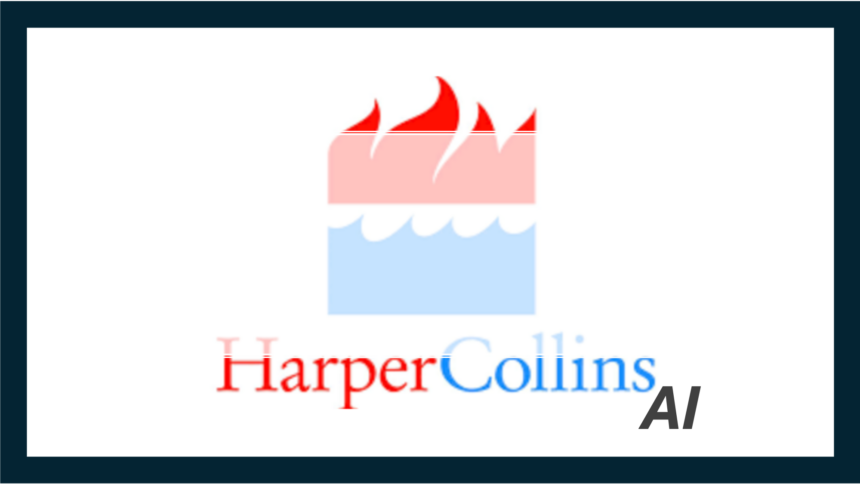HarperCollins Publishers made an unexpected decision by striking a deal with an AI tech company. The publisher is now asking authors to opt-in to allow their works to be used in training AI systems. The decision has raised some eyebrows, as it seeks to balance the growing demand for AI training with the protection of authors’ rights.
What’s Happening & Why This Matters
The deal grants the AI company access to certain “backlist titles” — books that have been in circulation for over a year. The content from these titles will be used to teach the AI, but only if authors give their permission. In return, HarperCollins will receive payment though the exact terms of the deal remain undisclosed. One writer shared that he was offered $2,500 per book for a three-year license to use his works. The content initiative follows the growing trend of publishers exploring AI’s potential while navigating the complex issues surrounding intellectual property (IP). HarperCollins believes it can provide its authors with opportunities to monetize their backlist works. Backlisting with AI ensures that the value of those works is respected.
However, not all authors are on board. Daniel Kibblesmith, author of Abominable, publicly criticized the offer, calling it “abominable” on Bluesky. He claimed that the offer sought to use his book Santa’s Husband for AI training without sufficient compensation. A spokesperson from HarperCollins responded to these concerns, explaining that the deal is designed to protect both authors’ rights and the revenue they generate from their books. They assured that the terms include limits on how the AI system can use the works and guidelines to safeguard the original content’s integrity.
Training AI contrasts with actions taken by other publishers, such as Penguin Random House, which recently amended its books’ copyright clauses to explicitly block their use in AI content training. Authors have also voiced legal challenges against companies OpenAI and Anthropic for using their works without permission.
TF Summary: What’s Next
Can authors and publishers balance intellectual property rights with the growing power of machine learning? As AI takes a foothold in publishing, more authors and publishers will have to decide whether to allow their works to train AI. The opt-in (or opt-out) decisions may influence what books “are” in the digital age.
— Text-to-Speech (TTS) provided by gspeech


